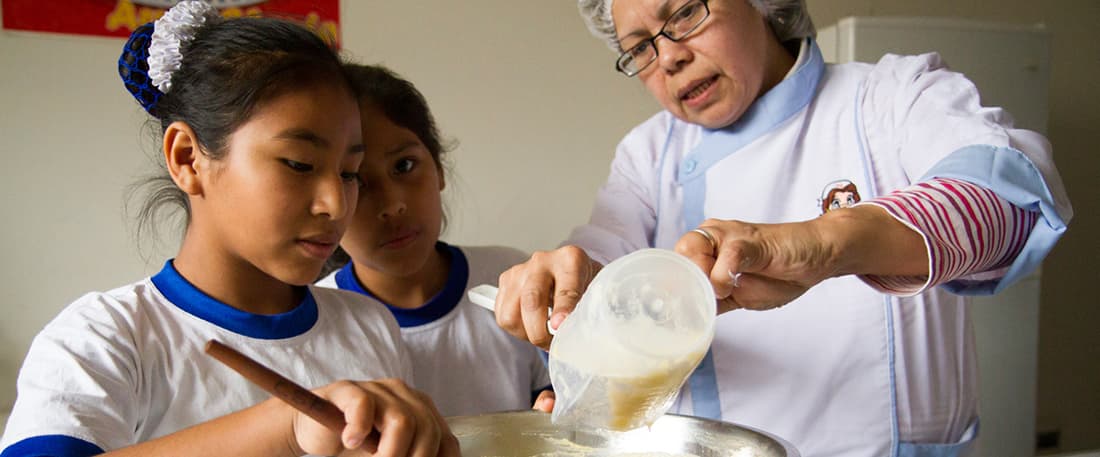
Peru

More than
87,000
children served

More than
260
local partners

Serving since
1985
In Peru
Peru’s attractions include the Amazon rainforest and the ancient city of Machu Picchu. Despite a wealth of natural beauty, Peru has areas of entrenched poverty where many children struggle to fulfil their potential. Babies are at risk of malnutrition, and many children cannot access the healthcare and education they need. But at the Compassion project, there is hope.
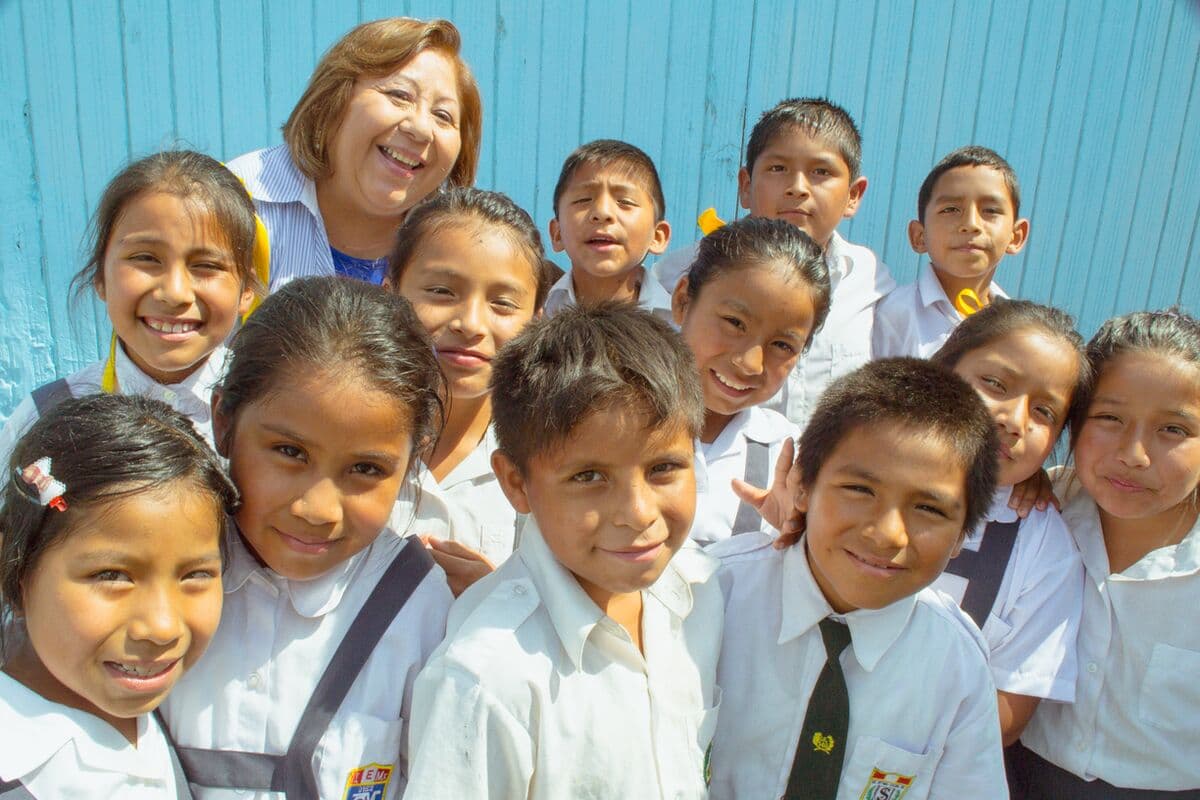
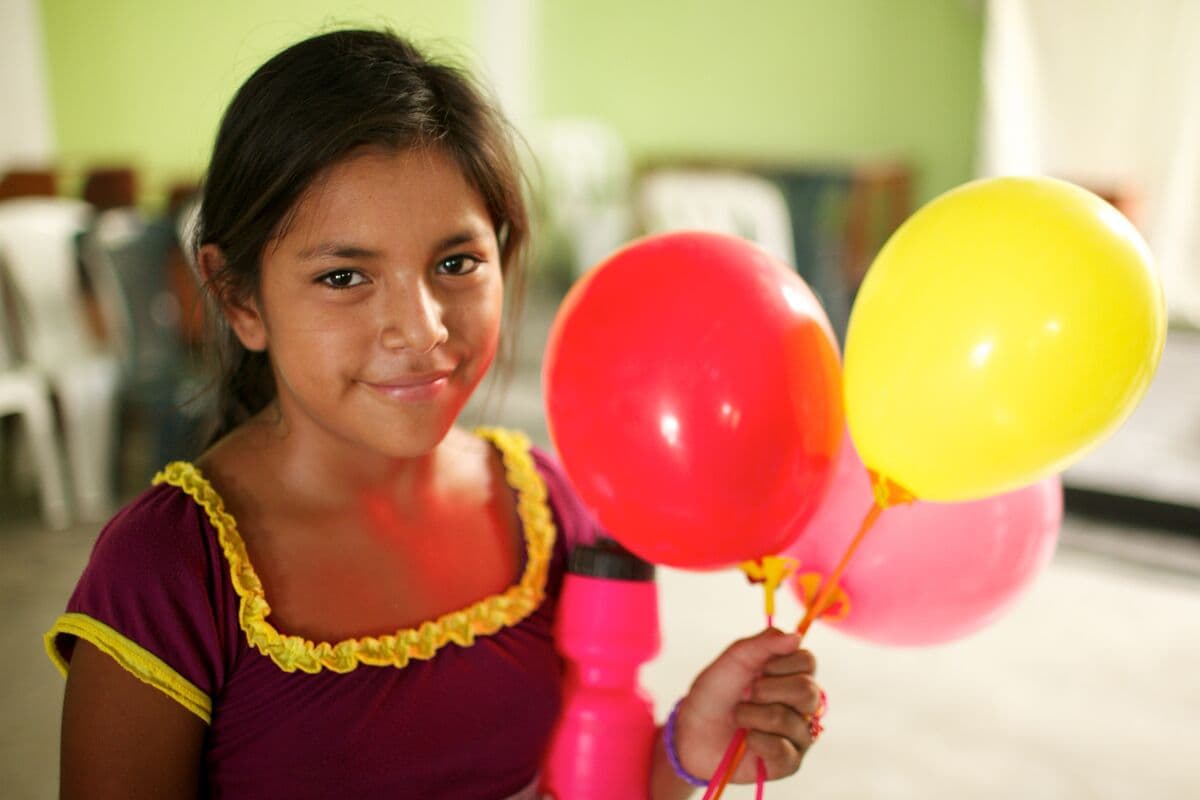
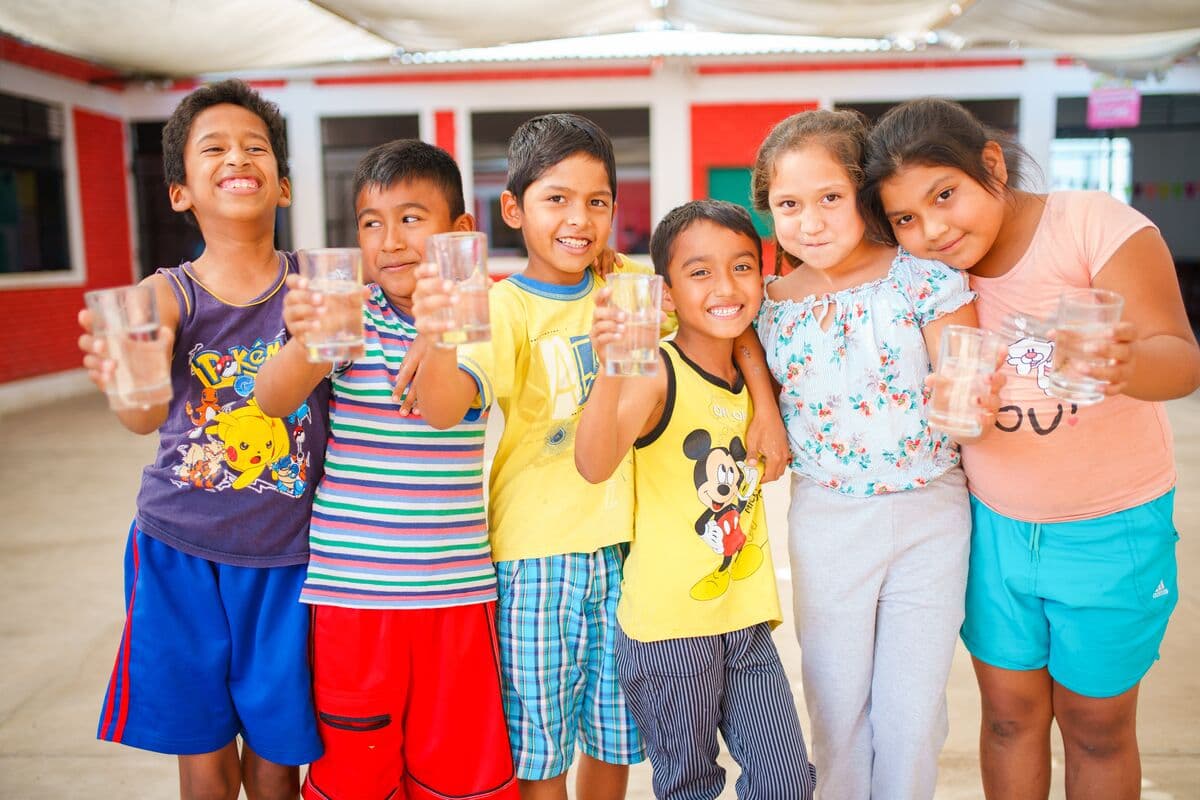
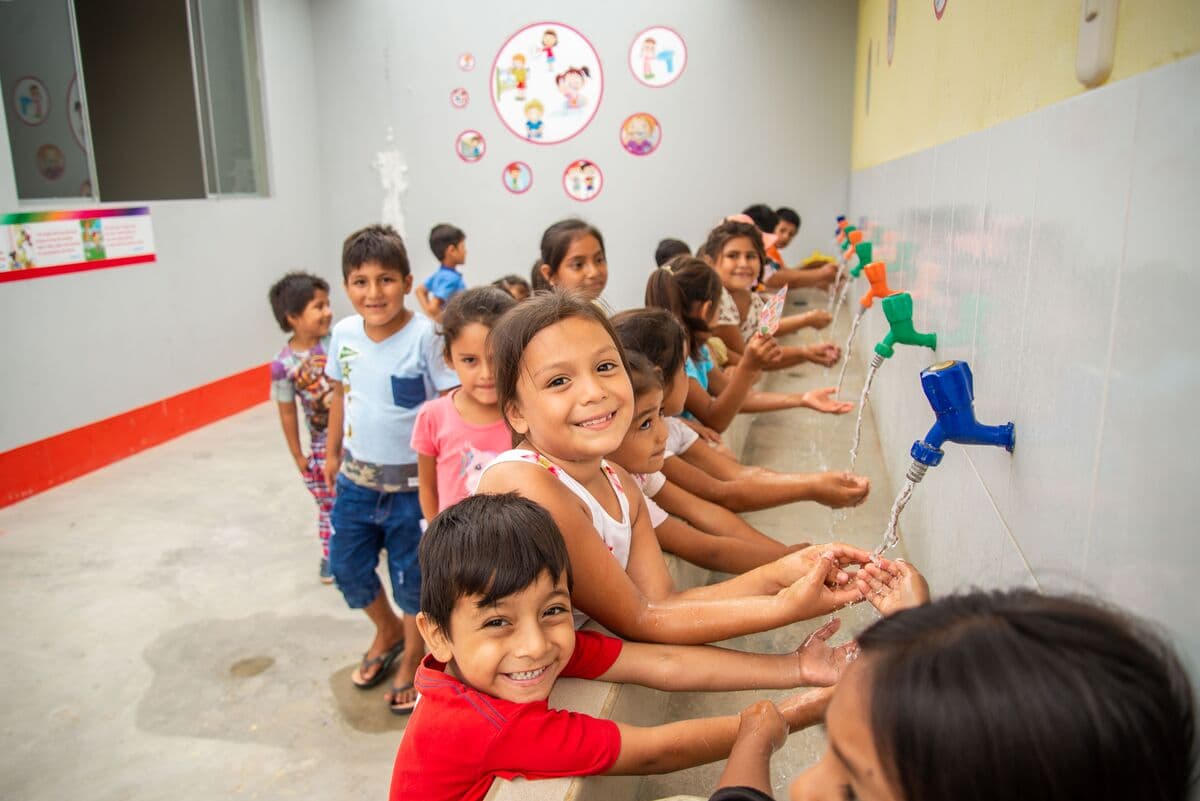
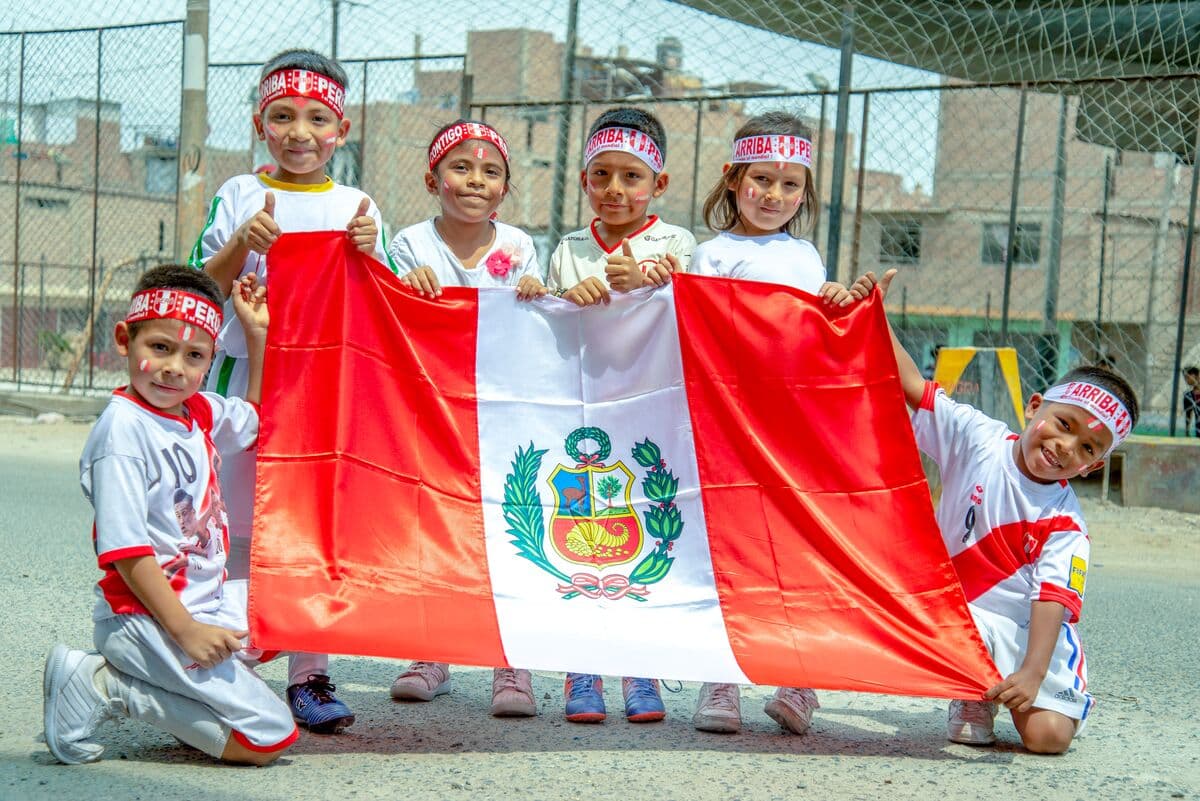
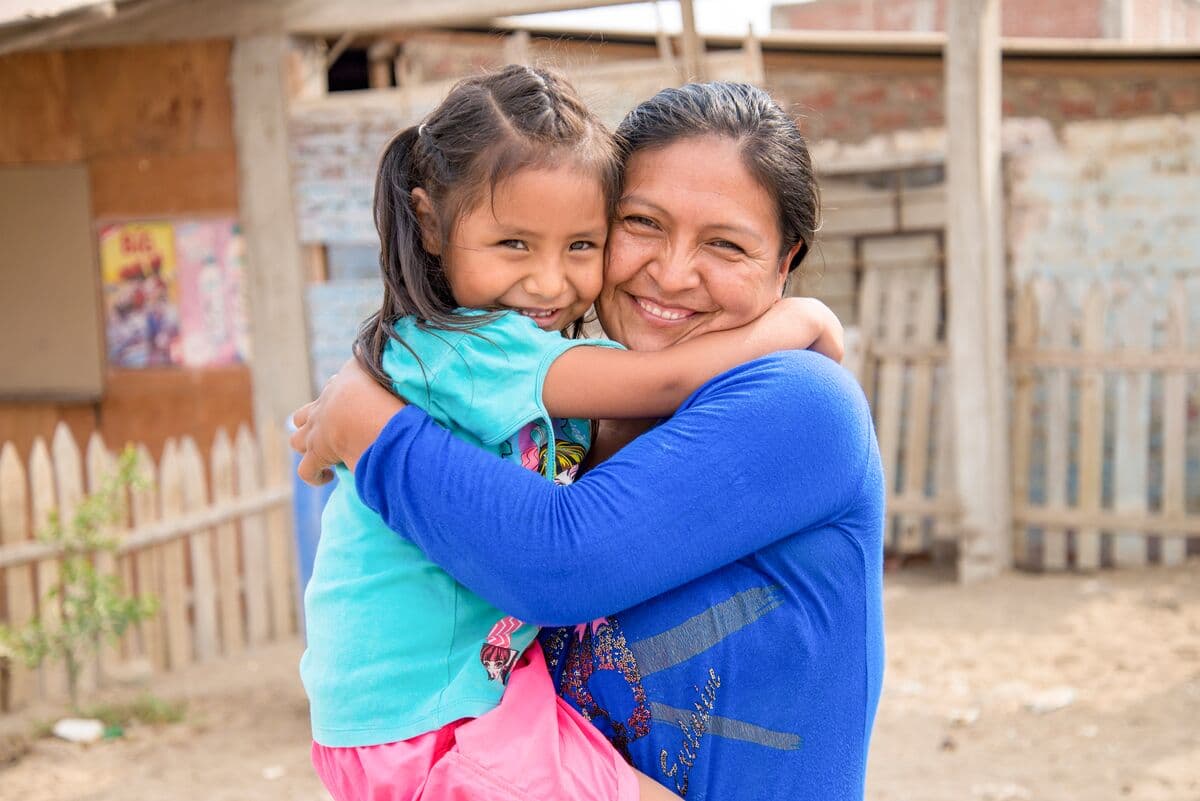
Pray for Peru
Pray with us for:

God to do immeasurably more through the local church.

God’s protection over vulnerable children and families in Peru.

Wisdom and strength for those in positions of leadership in Peru.

Did You Know?
Peru is home to Machu Picchu — a mysterious city built high in the mountains by the ancient Incans. Today, Machu Picchu is considered one of the seven wonders of the world.
Sponsor a child in Peru
Child sponsorship with Compassion is a unique opportunity to provide a child with food, clean water, shelter, clothing and medical care.
Official Country Name: Republic of Peru
Capital City: Lima
Population: More than 32.9 million
Official Languages: Spanish
Life expectancy: Male 74 years, female 80 years
Population with access to safe drinking water: 51%
Infant mortality rate: 10 deaths / 1,000 live births
Percentage of children under the age of 5 underweight: 2.4%
Adult literacy rate: Male 97%, female 92%
Religion: Approximately 76% of the population are Roman Catholic, 14% are Protestant, and 10% are of another/unspecified religion or none.
Percentage living on less than $1.90 a day: 2.2%
Source: CIA World Factbook, International Religious Freedom Report, released in 2021 by the Office of International Religious Freedom, U.S. Department of State
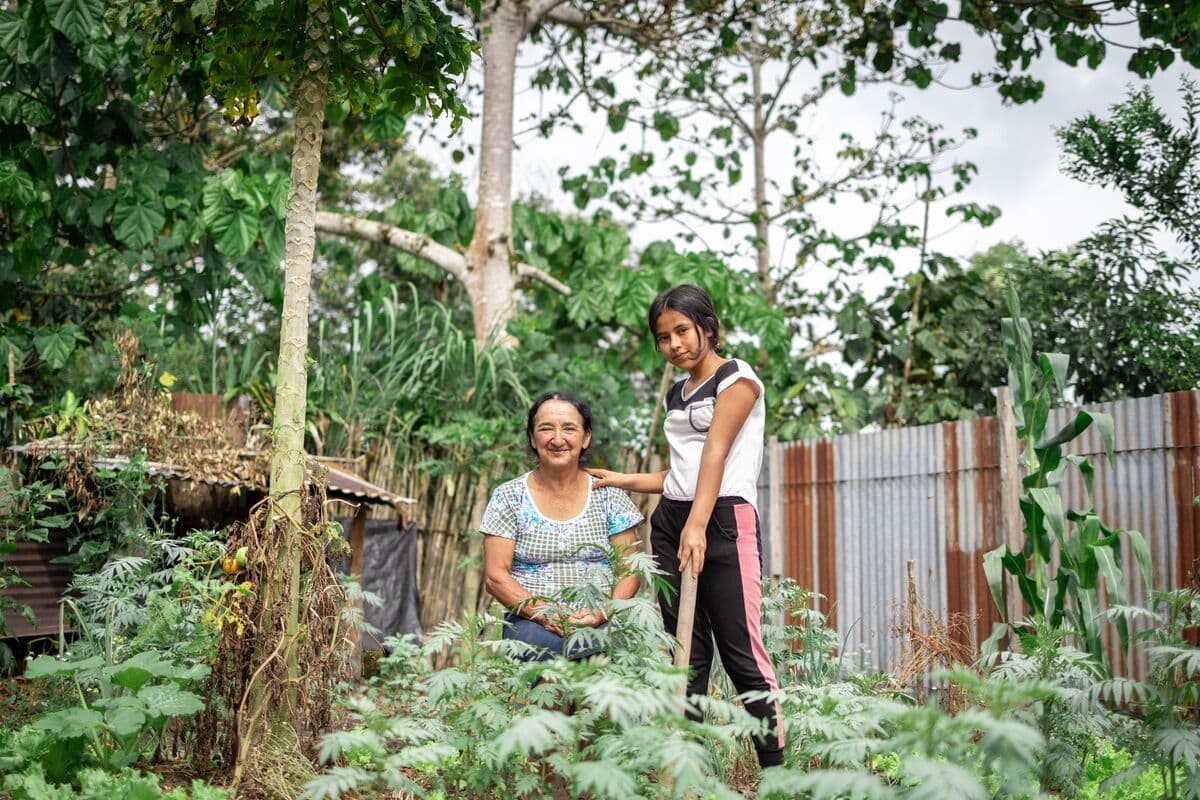
Providing support in Peru
Jheymi lives with her grandma, Filomena, in Peru. Jheymi’s Compassion project ran a workshop to teach families to cultivate a vegetable garden at home. Just look at what they’ve grown! Once a pile of weeds and dirt, their garden is now something to be proud of. Filomena explains, “They taught me how to make furrows for irrigation, to lay out the beds correctly and how to fence the plants with nets to protect them.” Not only does the garden provide them with fresh, organic vegetables such as lettuce, corn, beetroot, celery, papaya, spring onions and avocado, but they can also sell what they don’t eat to others in the community. This income is so valuable as Filomena recently lost her job. Filomena smiles and says, “The people at the centre have always been kind and loving towards us. They’re very good people…thank you for everything!”
